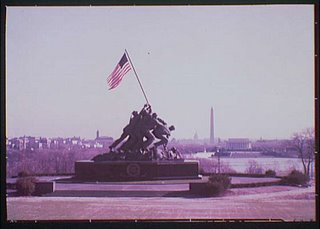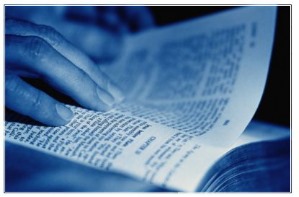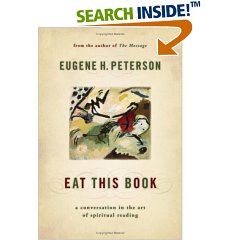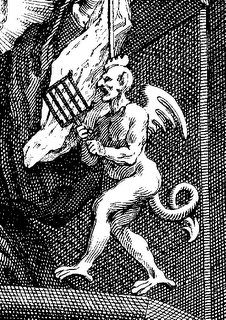
Soren Keirkegaard's first book was entitled,
"Either/Or", and one of his famous quotes falls out exactly in line with the title:
I see it all perfectly; there are two possible situations - one can either do this or that. My honest opinion and my friendly advice is this: do it or do not do it - you will regret both. Unfortunately, the either/or paradigm, so vital in the proper context, has moved into the realm discernment, with the unhealthy result that people feel forced to choosing polar opposites in a vast number of realms. Either you're a political liberal or you're a conservative. Either you believe that the Bible is
inerrant in the original manuscripts, or you believe it is full of mistakes and thus open to private deconstruction and interpretation. America is either a country blessed by God, or a materialistic, self-indulgent, arrogant land imposing their will on the world. I'm going to argue that such either/or thinking is the death blow to civil discourse, community and fellowship, and personal growth in the vital skills of discernment needed for a person's spiritual and ethical development. Politicians have, for too long, been guilty of campaigning right along these lines, so that our political parties have polarized, offering only caracitures of the state of the union to the masses, rather than a thoughtful, humble, honese assessment. One can't read
Lincoln's Second Inaugural Address without realizing how far we've drifted from these kind of assessment. So I'm wondering if it isn't possible to begin speaking in terms of both/and, rather than either/or. For example, thinking about the great American experiment yesterday, I realized:
America is the most generous nation on earth, giving more to charity, especially through private donations, than any nation on earth. AND America is the most materialistic nation on earth, addicted to consumption at rates that are both unsustainable and unhealthy.
Our taxes are among the lowest in the developed world, giving investors the freedom to work hard, take a chance, and build something remarkable. That’s why so many life saving drugs and technologies come from here. America encourages innovation. AND if you’re sick, or weak, America isn’t the best place to be. We lead the developed world in the percentage of working people who can’t afford health care.
The American military has served vitally and sacrificially at crucial times throughout history to assure that the world would not be plunged into total darkness. AND America has used it’s military powers for selfish ends at various times, and has sometimes made the mistake of thinking that military power is the ultimate trump card in any situation.
Americans have resisted cooperation on the world stage with respect to environmental issues, and remains slow and obtuse when it comes to playing our much needed powerful role in reducing carbon emissions globally, AND America offers its own citizenry some of the cleanest water and healthiest air in the world, along with public health and safety standards we who live here take for granted every day.
The American Democracy is a form of government open to corruption and abuse of power, like any other form in the world. AND the American government has higher standards of accountability for it’s public officials, and thus less corruption, than most places in the world.
It’s easy to romanticize, wear blinders, and never see the tragic corruption, greed, abuse that remains part of our system, and results in so many people being harmed. It’s equally easy to vilify, and not see the good that comes from the generosity and service that run so deeply in the fabric of our nation, spilling out into the world at large.
BOTH/AND… can we live with that?










